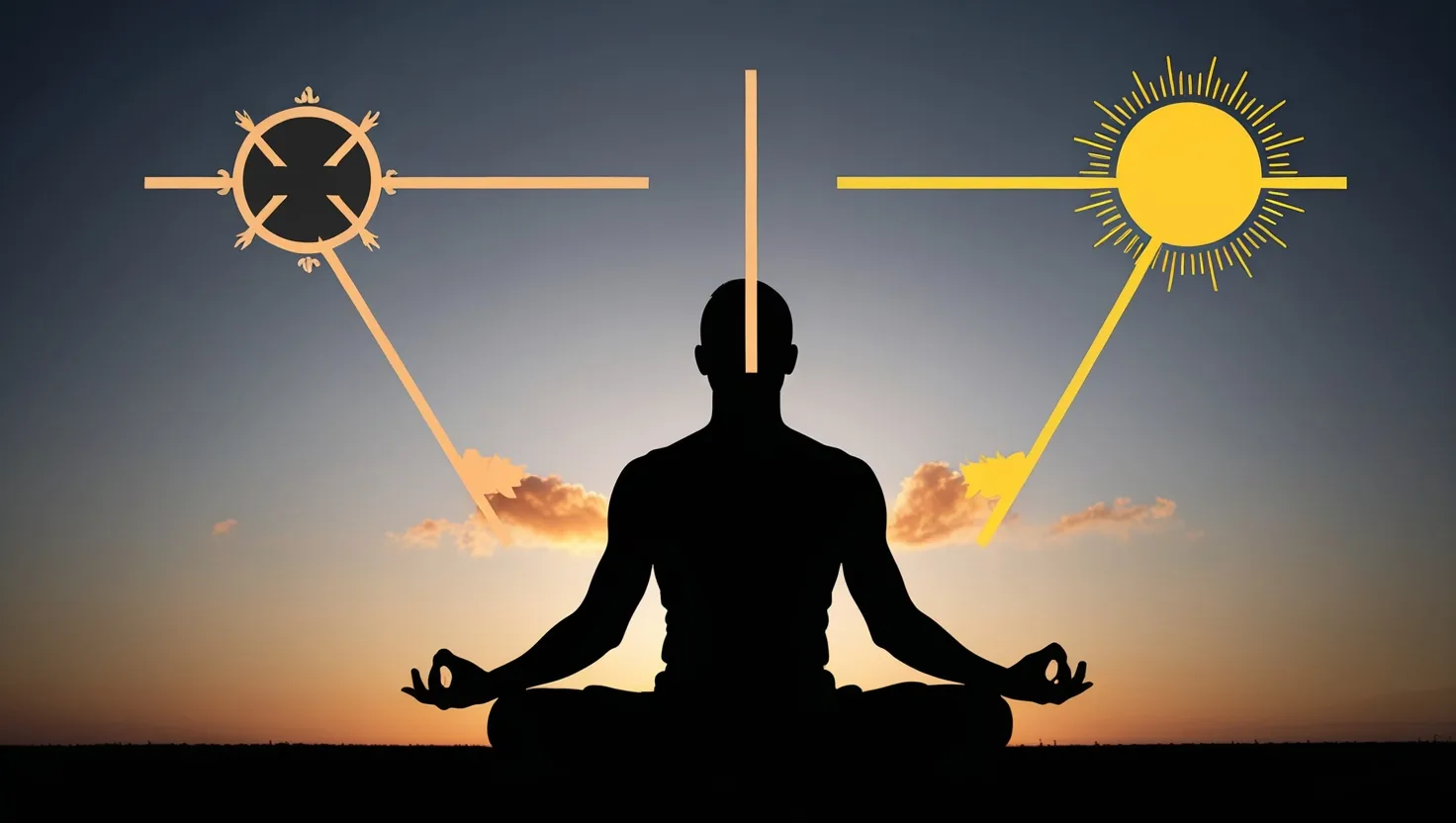Ancient Egyptian medicine was a fascinating blend of faith and practicality. Imagine a world where the line between health and the cosmos was as thin as a papyrus sheet. Egyptians thought health wasn’t just about the body but about how everything external affects us, from the spirits in the air to the animals in our surroundings. Magic and medicine weren’t separated; they were one and the same.
The Egyptians had a remarkable grasp of our insides. When you think about modern surgery, the Egyptians were the OGs. Bone-setting, wound care, and even some pretty complex surgeries—they had it all. Plus, their pharmacology game was on point. They used plants, minerals, and animal parts in remedies, some of which we still use today with a modern scientific twist.
The Ebers Papyrus is like the ancient world’s medical encyclopedia, dating back to around 1500 BCE. This document is packed with over 700 remedies and spells, showing just how advanced their diagnostic approaches were. It’s kind of mind-blowing to think that they analyzed spit, urine, and feces to diagnose diseases, something that mirrors today’s lab tests. They’d question you about your symptoms, give you a physical exam, and use these early “lab tests” to figure out what was wrong.
But then there’s the Edwin Smith Papyrus, a text dedicated mostly to surgery and wound care. The Egyptians were super meticulous about observing the body and applying what they knew to fix it. Fresh meat? Oil? Honey? Yep, those were used to help wounds heal. They even did oral surgery way back in the fourth dynasty.
The ancient Egyptians also viewed mental health seriously. They had an understanding that a sound mind was essential for a sound body, and they had treatments for mental health issues like depression and anxiety. They even aligned the balance of bodily fluids with the flooding and ebbing of the Nile—showing they believed in a holistic balance.
In terms of the medical profession, it was highly organized. There were different ranks—from ordinary healers to top docs and inspectors. Women, too, were integral to medicine. Imagine female physicians practicing thousands of years ago! One such standout was Imhotep, a medical prodigy who was also an architect and a bigwig in the government.
Ancient Egyptian medicine influenced other cultures too. The Greeks, notable folks like Herodotus and Hippocrates, took a page or two from the Egyptians’ medical texts. They didn’t just admire it; they incorporated it into their own practices.
Despite the centuries that have rolled by, what the Egyptians achieved continues to amaze us. Their natural remedies, their structured system of diagnostics, their surgical techniques were ahead of their time. Plus, discovering their medical texts has been like winning the historical lottery, giving us crucial insights into the evolution of medicine.
In essence, Egyptian medicine wasn’t just mind and body—it was cosmic. It looked to nature, to balance, and to a highly meticulous approach to health. From their solid knowledge of surgery and anatomy to their influence on other civilizations, ancient Egyptian medicine has left an enduring mark on the world. The combination of spiritual and practical methods creates a compelling history lesson and, most importantly, offers valuable insights that can still shape modern healthcare practices today.
Their legacy is like a bright, guiding star, still lighting the way for medical advancements and inspiring us to peer into the past to understand the roots of our own medical practices. So, whether looking at a jar of honey or wondering about the holistic treatment of mental health, remember, the ancient Egyptians were there first, blazing the trail. It’s both humbling and inspiring, knowing that our health system has such ancient, profound roots.






